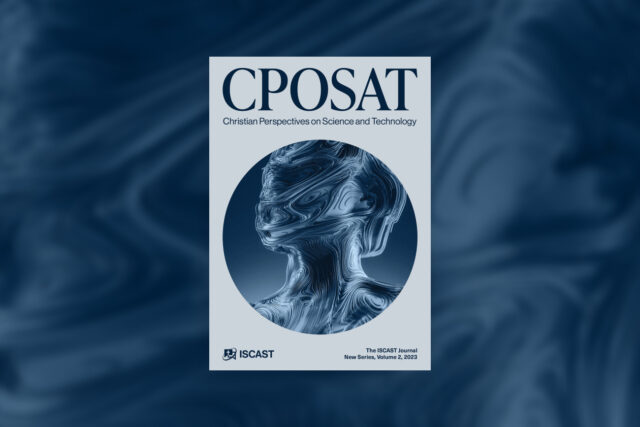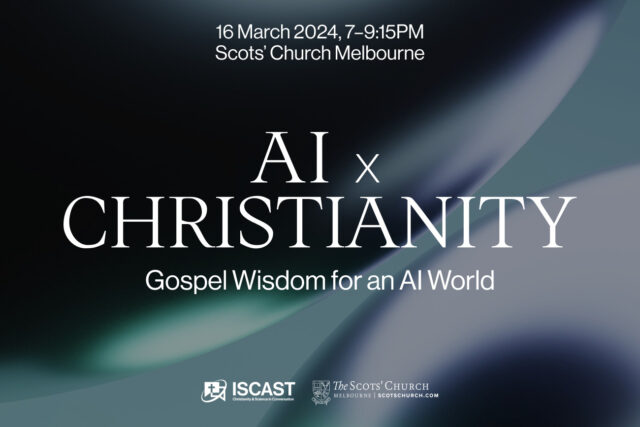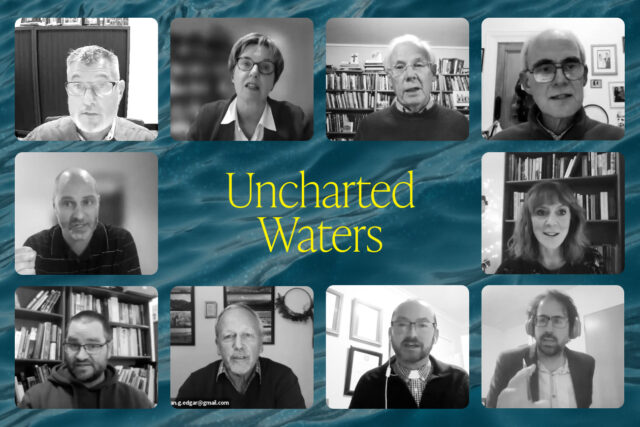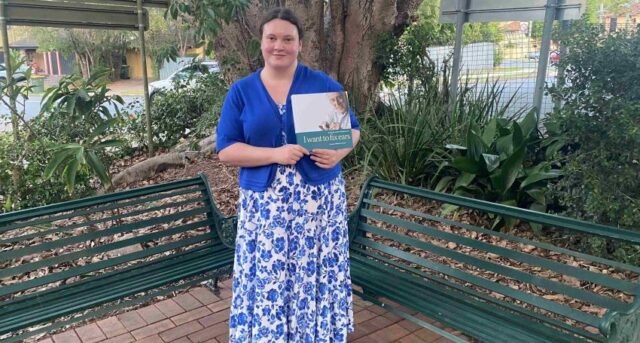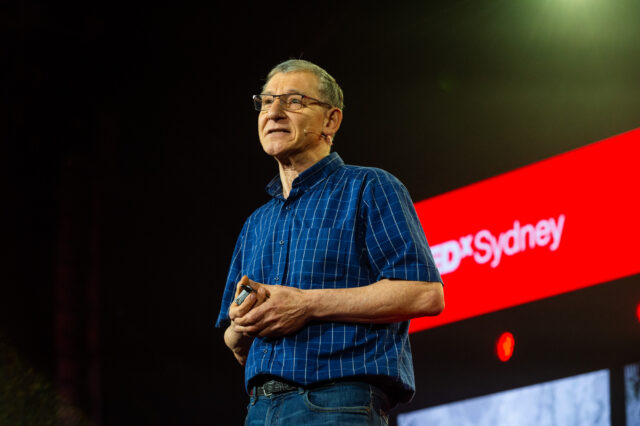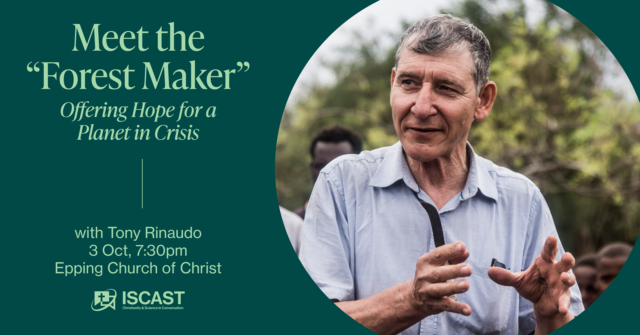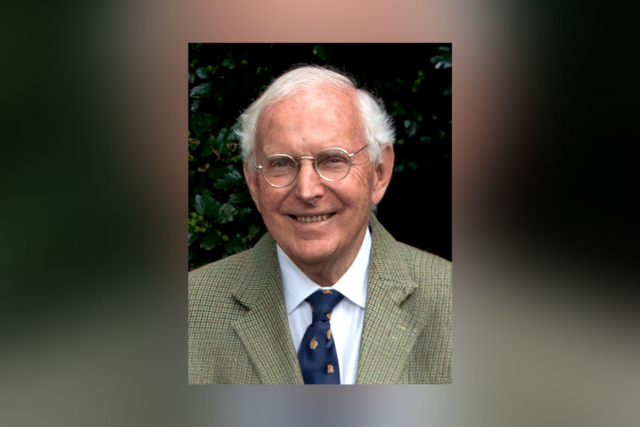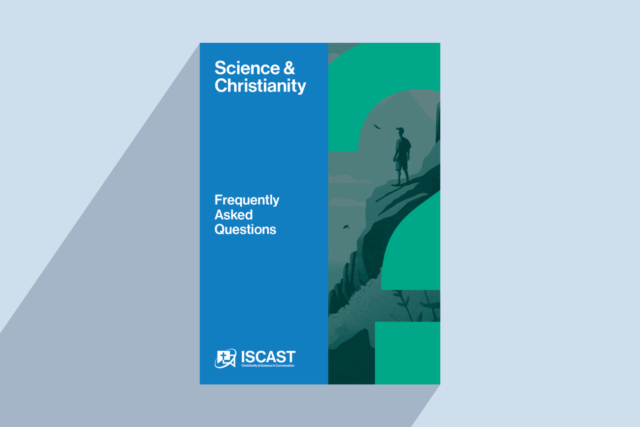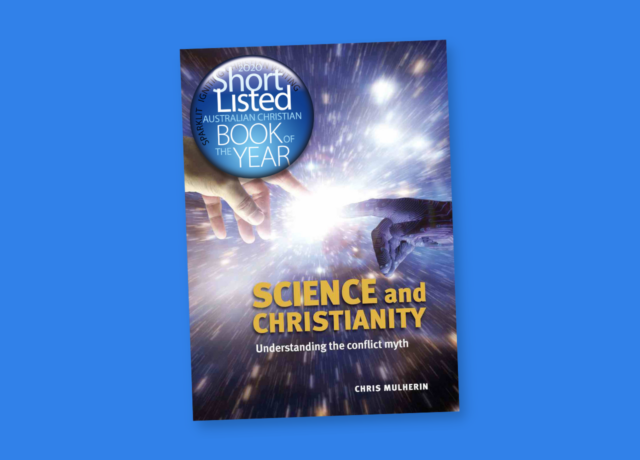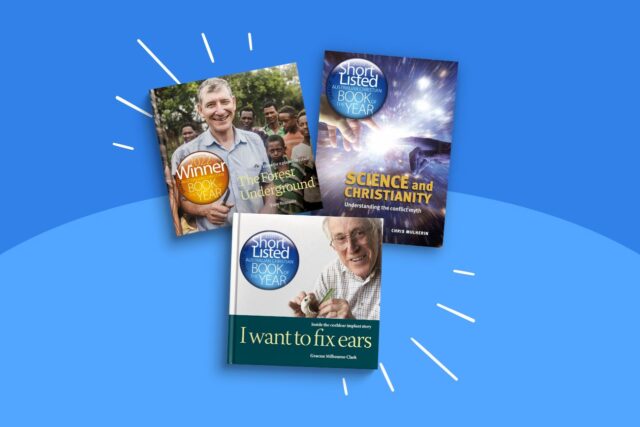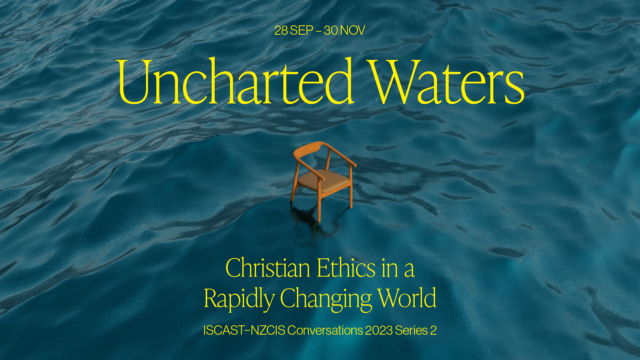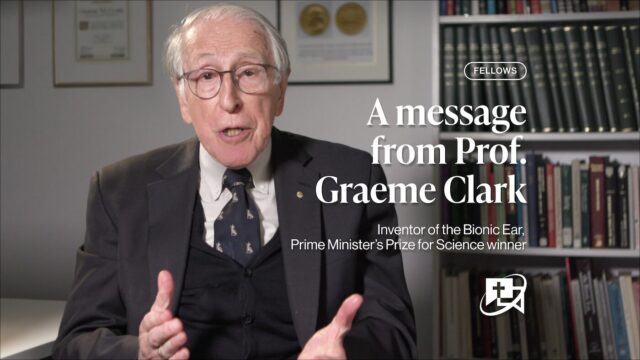

It is usually towards the end of Year 4 that students begin to ask me various questions concerning the creation of this world.
How did God create the world? Did it begin with a big bang? What did God make humans out of? How does God heal people? How old is God, because I think he must be 14 million years?
Of course this last student has had some conversation or read about the age of the earth somewhere and put together the age of the earth with the age of God.
Then there are those questions which I call meaning questions along the lines of the following: Well how do we know God is there? Why did he send Jesus and not himself to restore peace? Why don’t people like God if he is a good person? How come some people don’t believe in God? (And yes, these are genuine Year 4 questions I have been asked.)
There are various models of learning and it happens that I work in a school that is International Baccalaureate in the Primary Years (IB PYP). Thus, the Religion subject sits alongside and needs to connect with the various specific points of enquiry over the course of the year. My concern was how to address what I perceived as confused thinking between what a science question is and what a faith question is.
For me there is no fundamental conflict between science and Christianity because they answer fundamentally different questions. They look for truth in different areas.
But science and religion have been connected in many ways in our society over the years.
Is there a conflict between science and faith, or do they ask different questions?
I began the Year 5 lesson by posing the problem “Why is the water boiling?” I had drawn a kettle on the board and asked the students, Why? (I had meant to bring a kettle and plug it in but forgot … Imagination works well with Year 5 so drawing it was just as good.) Students provided some good explanations for the transformation of energy between the hotplate and the water although not all. The science teacher that was in me became slightly distracted as I emphasised energy transformations. But that was not why I was boiling the water. I simply wanted a cup of tea! Of course the question was ambiguous. It needed clarifying.
Was it a question about mechanics or particles, e.g., “What causes the water to boil?”
Or was it a question about the meaning or purpose of the boiling water, e.g., “What is the purpose of the water boiling?”
Science is the study of mechanisms—how things happened, observable patterns and laws in nature.
Religious belief is about who or why these things happened. It is about the meaning behind the patterns and laws.
So, the type of question is important; is it a meaning or mechanism question?Christianity is a worldview which answers the big questions about meaning not those about mechanisms. This can be developed but at Year 5 level helping students to understand the difference between meaning and mechanism questions is fundamental to good learning, clear thinking and helps clarify thinking about faith and religion.
So, we then spent some time deciding if the questions were meaning or mechanism questions. After this the students were then set the task of inventing their own meaning and mechanism questions.
Part 1: Meaning and mechanism questions Mechanism questions
Mechanism Questions
- Often begin with “How … ” or “What … ”
- Concern facts and information
- Can usually be tested
- About connections between particles
- About patterns in the world
Meaning questions
- Often begin with WHY…
- Concern your opinion
- Perspective which requires belief or purpose
- There is no proof necessarily
Part 2: Which are science questions and which are religious questions?
- Is there a pattern in the number of petals on flowers?
- Is the pattern of petals on flowers designed or by chance?
- When do rainbows occur in the sky?
- Did the universe begin with a big bang?
- What caused the dinosaurs to die out?
- Why are human beings on earth?
- Do we choose our future?
Part 3: Consolidating understanding of the difference between mechanism and meaning questions
Both meaning and mechanism questions help us understand religious stories. Meaning and mechanism questions also help clarify issues of faith. Being able to recognise which is a mechanism question and which is a meaning question helps students to think clearly about the story. It is not necessarily straightforward which of the above questions are meaning or mechanism type questions. This then allows for a suitable discussion that can help students clarify their understanding and introduce the place of context.
Students were set the task of examining two religious stories to see how both mechanism and meaning questions are helpful to understanding the story. I chose the story of Jesus healing the leper in Luke 5:12-16 and Jesus raising the widow’s son in Luke 7:11-17
Students first read story and then had to develop two questions which were mechanism questions looking at some aspect of the science. They also had to ask two questions which were meaning questions.
Part 4: Answering their own questions
Students were asked to identify key mechanism questions.
This usually involves some aspect of identifying the disease the so called ‘leper’ had. Sometimes I have spent a little bit of time teaching about skin-diseases. I find this interesting and this also shows that mechanism questions are important and our body of scientific knowledge has grown and can be tested.
Students then are asked to identify a meaning question and attempt to answer it from their perspective. It is always true that more questions emerge as one attempts to explain ‘why’ something has happened. Encouraging students to write follow-on questions is an important skill.
Below is some students’ work:
E.g.: Ann – Q: Why did the man tell the people about Jesus? A: I think the man told the people about Jesus because he thought Jesus could help them as well.
Q: Why could he not tell anyone? A: I think because he could not tell anyone because he thought if people knew they might start to ask him for things that they might not need.
Q: If they knew about Jesus what would happen? A: They might ask for things they don’t need or always be telling things that they need but are not as important as things he wants to do.
This student is beginning to grapple with the different intentions and aims of the different groups of people. She can see that there may be a clash between the purpose behind why Jesus did something versus the intention of the person healed. This is quite sophisticated thinking for a year 5 student.
I also note that this unit of work was accessible to all students in the class. Whilst my brightest could come up with over ten follow-on questions so too those with rather large reading and comprehension difficulties could access this work.
E.g.: Sandra. [Note, I have written her words as she wrote them!] Q: What does be clean mean? A: It might mean you are healed.
Q: Why did Jesus say you are clean? A: because it might mean you are clean from the sickness.
I have debated, for myself, the extent of teaching about different world views at year 5 level. This is something I am still thinking about and would welcome other people’s thoughts.
So how does teaching about science and religion impact young people?
All my students can now categorically say a person can be a scientist and a Christian.
But is there a conflict between science and religion?
2017 results:
- 13/28 = 46% yes
- 6/28 = 21% no
- 9/28 = 32% not sure
I found similar results in 2016 as well.
It seems to me that teaching young people about the different questions, meaning and mechanism, and how these relate to science and religion is extremely helpful. It does not lead these young people to conclude that there is no conflict between science and religion but rather raises more questions in their young minds. It gives them literary skills to ask further questions and recognise different purposes of an event.
This is what education is about—empowering young minds to engage with the world in an intelligent and instructive way. This is how I have seen my God, as revealed in Jesus, work in this world. Giving me the freedom to ask questions, investigate honestly, observe and listen.

